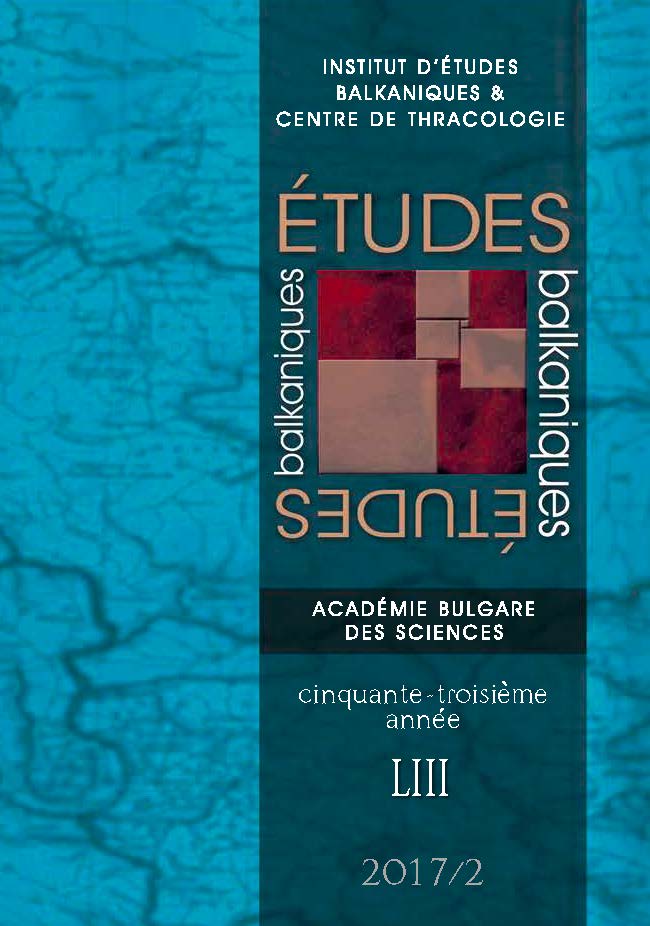NIGHTLIFE AND TEMPORAL ORDER IN FIN DE SIÈCLE ISTANBUL
NIGHTLIFE AND TEMPORAL ORDER IN FIN DE SIÈCLE ISTANBUL
Author(s): Nurçin İleriSubject(s): History, History of ideas, Social history, Modern Age, Special Historiographies:, 19th Century, The Ottoman Empire
Published by: Институт за балканистика с Център по тракология - Българска академия на науките
Keywords: Urban Modernity; Regulatory Modernity; Nightlife; Lighting; Temporal Order;
Summary/Abstract: This paper focuses on the transformation of the perception of nighttime, explores the city’s main arteries of nocturnal sociability; and elucidates the Ottoman authorities’ measures to control nighttime activities in fin de siècle Istanbul. It contends that a clash between regulatory modernity and urban modernity and a dilemma between control and cultivation of nocturnal movement always remained in the agenda of the Ottoman bureaucratic and commercial authorities. On the one hand, the authorities tried to tolerate nocturnal conviviality because they knew that some urban vitality was crucial as a sign of progress; such public gathering sites provided revenue for the state and commerce, compelling the state to balance calls for order with demands that it foster socio-economic dynamism. On the other hand, they tried to police night life by lighting the commercial areas and busy streets, inspecting the entertainment and leisure venues, surveilling the crowd-attracting sites, implementing closing-times for drinking establishments, confining the public visibility of women, since they believed that increasing nocturnal activities would generate serious public security and moral decency concerns.
Journal: Études balkaniques
- Issue Year: 2017
- Issue No: 2
- Page Range: 295-325
- Page Count: 31
- Language: English
- Content File-PDF

